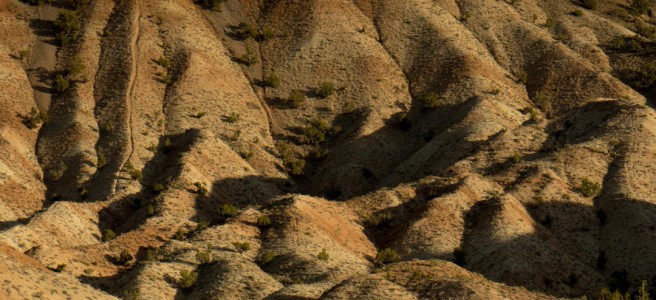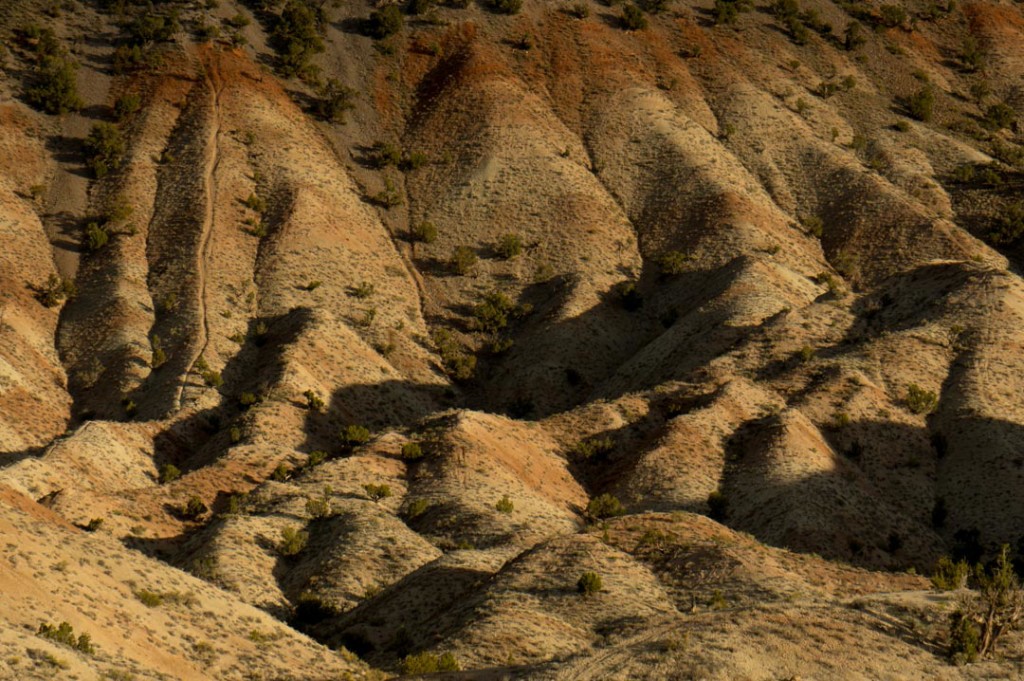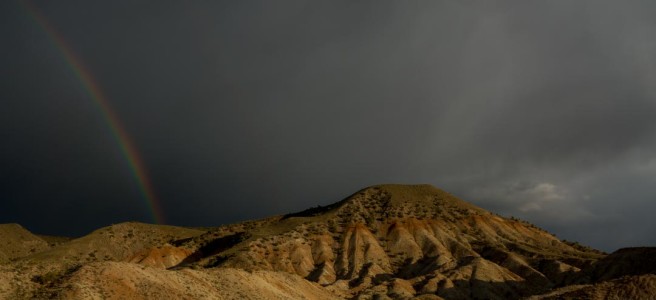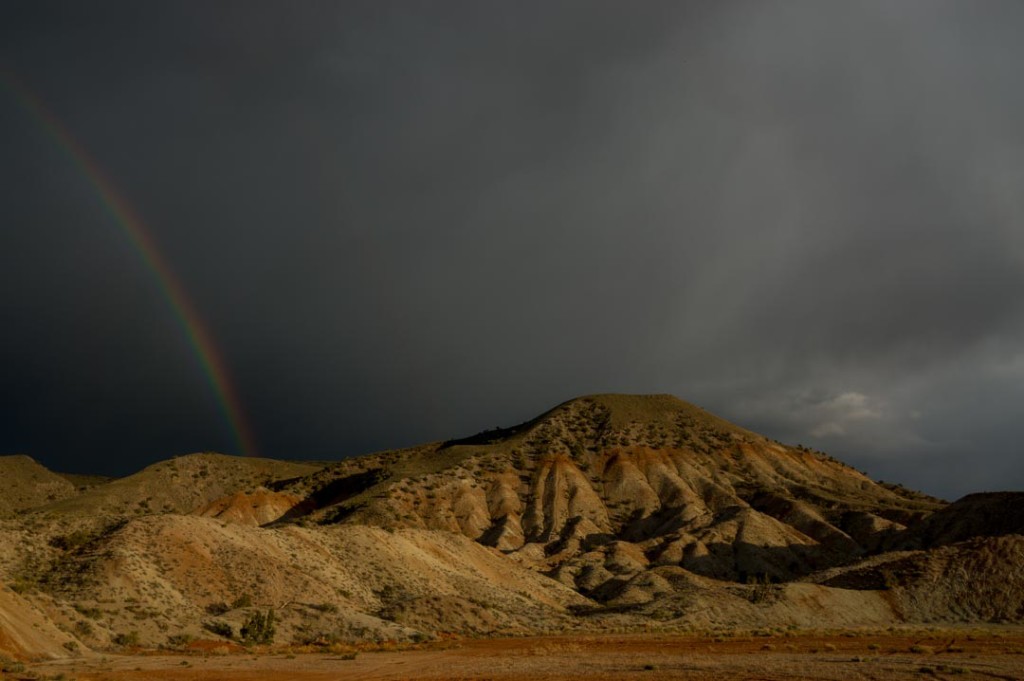They say the desert resonates with dreamers. Post cards from here are plastered with arches and great red walls of stone, but the American southwest has no monopoly on dramatic scenery. There’s something more in the scrubby brush and mesquite smoke and frigid starry nights. Thompson called it jackrabbit country.
Maybe it’s a sense of scale.
On the first day of school in the 4th grade, Miss Fogg announced to the room that the class would embark on a yearlong project to visualize One Million. It’s a big number, and Miss Fogg thought that it would be compelling for the children to behold one million of something tangible.
Each day, as often as we could remember, we were to collect and bring to class the pop-tabs from aluminum cans from our lunch, or from around the house, or from a neighbor’s trash. A string was suspended around the perimeter of the room, and every morning we would count the tabs and add them to the string. A counter on the chalkboard kept us up on our progress.
I don’t remember how many pop tabs we collected, but I do remember that it fell far short of a million. The project was designed to help children conceptualize a large number, and, ironically, failed on account of the responsible adult’s inability to conceptualize the magnitude of that number.
In spite of the project sort of falling apart, the idea was a good one. To this day, when I’m confronted with more than, like, a couple hundred of anything, I begin to lose track. Numbers in the millions, and billions, and trillions are thrown around in headlines and policy discussions in a way that borders on disingenuity. Try changing “billion” to “thousand-million” next time you read the news.
Hearing that the national debt is 17 trillion dollars, or that the sun is 93 million miles away, or that the jagged peaks of Glacier Park were carved out by glaciers some time in the last two million years is not helpful. But in the desert the geologic record is clear and profound. In the Grand Canyon, a reasonably fit person can walk through nearly two billion (two thousand million) years of earth history before lunch.
The desert provides a missing bit of context. It’s a place to feel small. And not just physically small, but cosmically infinitesimal. Simply being amid the sandstone and paying attention weaves two truths: that nothing we do, as individuals or as a society, makes any difference in the light of an honest discussion of scale, and that living well for the inconceivably brief time that we occupy this place is the most important thing we can do. (I’ll allow you to define “living well” for yourself.)
The dreamer is drawn to an inhospitable place. To sandstone cliffs and scabland where the climate can kill him in a day. To prickly pear and mesquite and that low, scrubby juniper that leaves his ankles bloody. He’s drawn to jackrabbit country in a search for something intangible, for context.
Like



